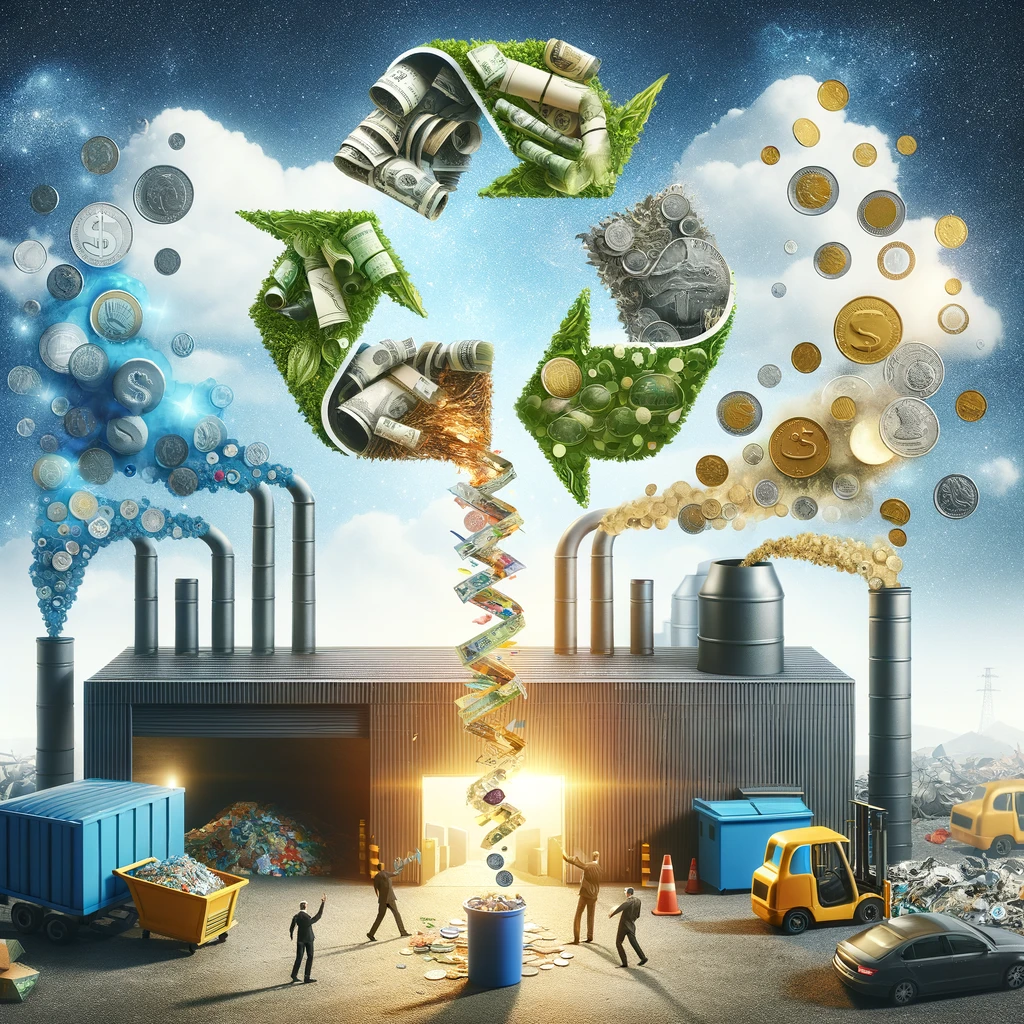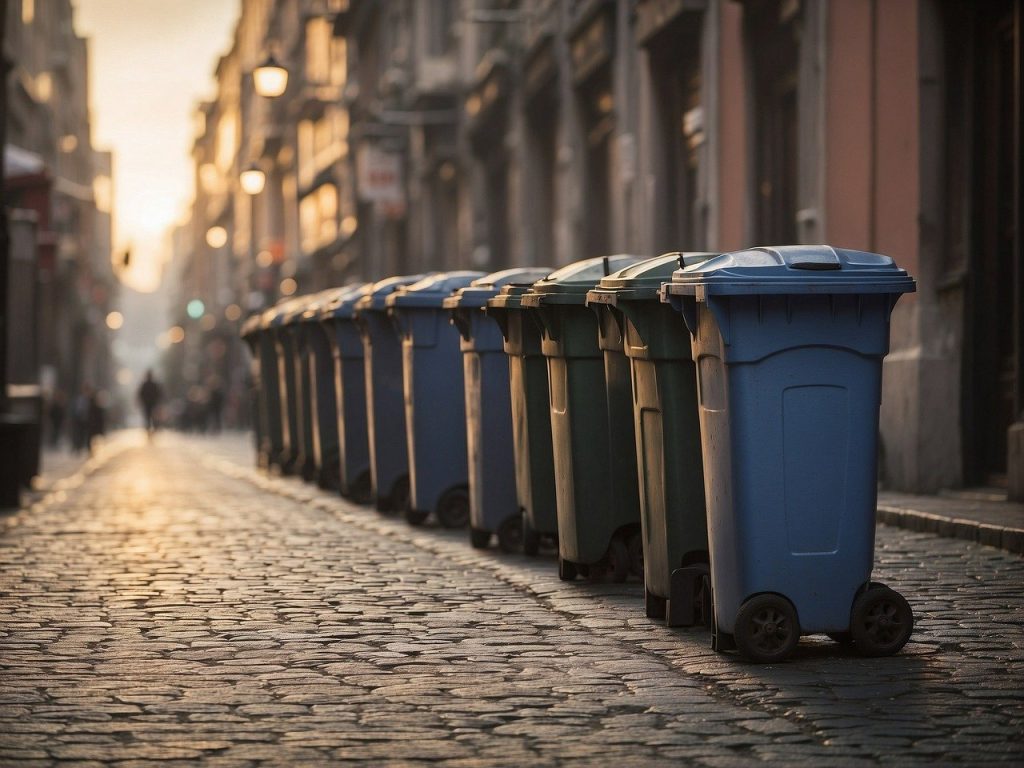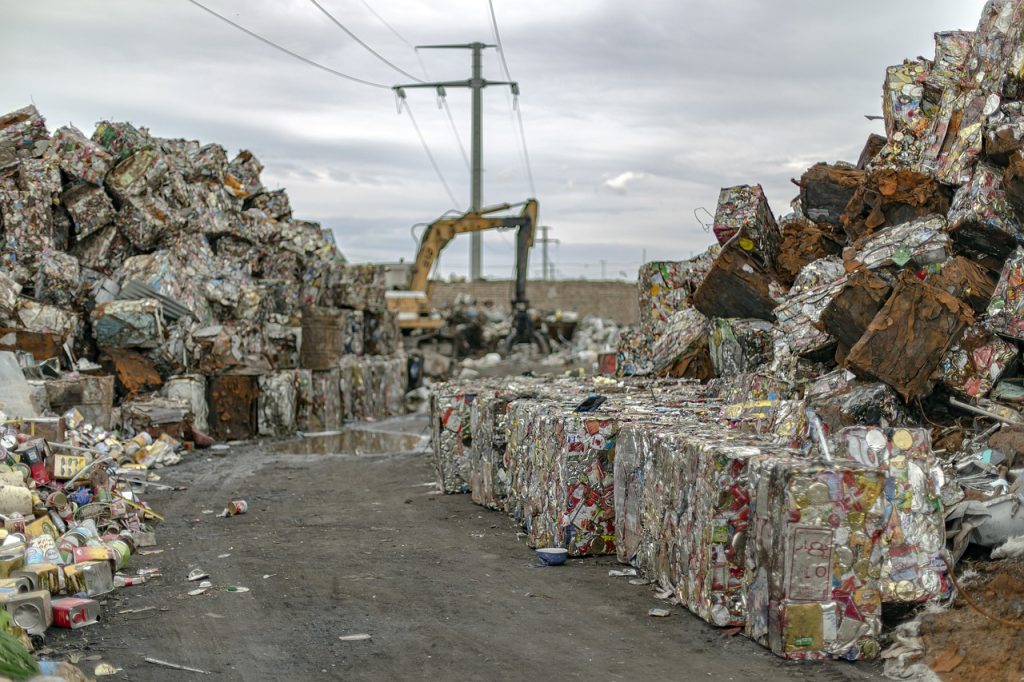The Essential Guide to Recycling Electronics: A Step Towards Sustainable Living
In the age of continuous digital advancement, the increase in electronic waste (e-waste) poses significant environmental and health risks due to toxic materials like lead and cadmium. Around 53.6 million metric tonnes of e-waste generated globally in 2019 is predicted to rise to 74 million by 2030, with only about 20% being recycled. Proper e-waste management, including recycling, conserves resources, reduces pollution, offers economic benefits, and protects data security. Individuals can help by purchasing wisely, extending device lifespans, donating or selling functional devices, and recycling at certified centers. Emerging technologies and global success stories offer hope for enhanced e-waste management, leading towards a sustainable future.
The Essential Guide to Recycling Electronics: A Step Towards Sustainable Living Read More »




